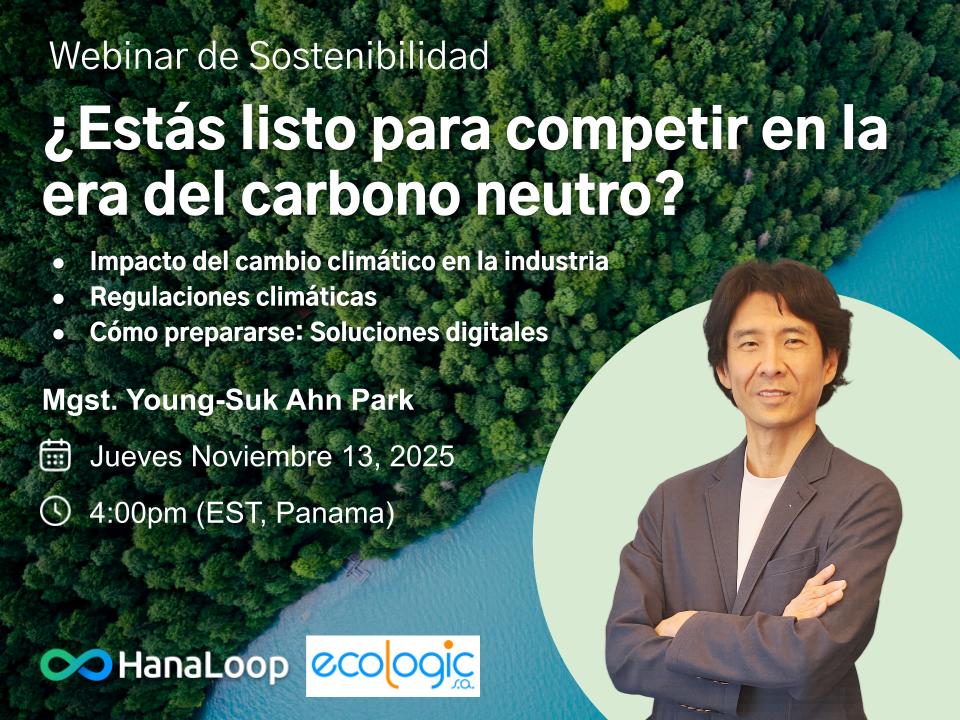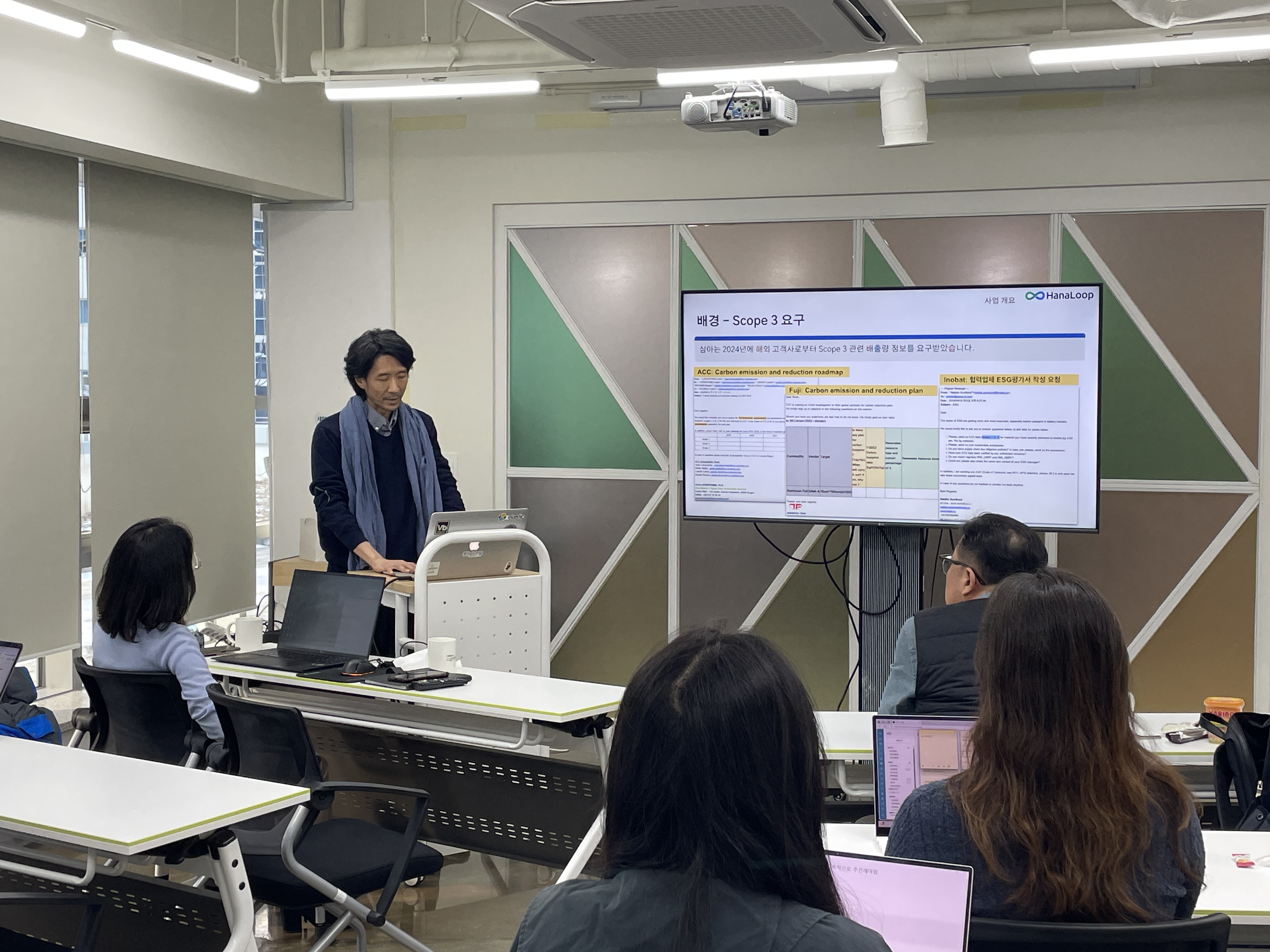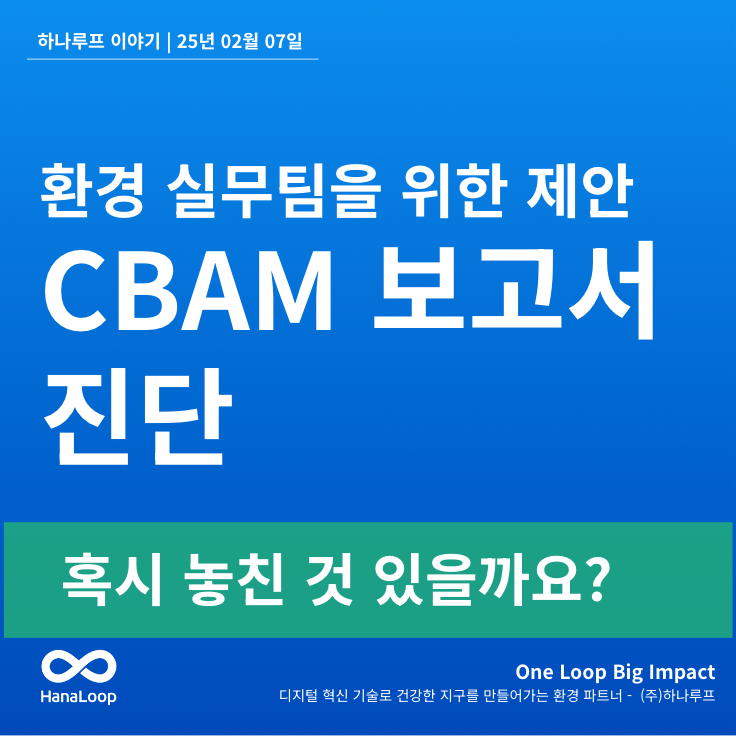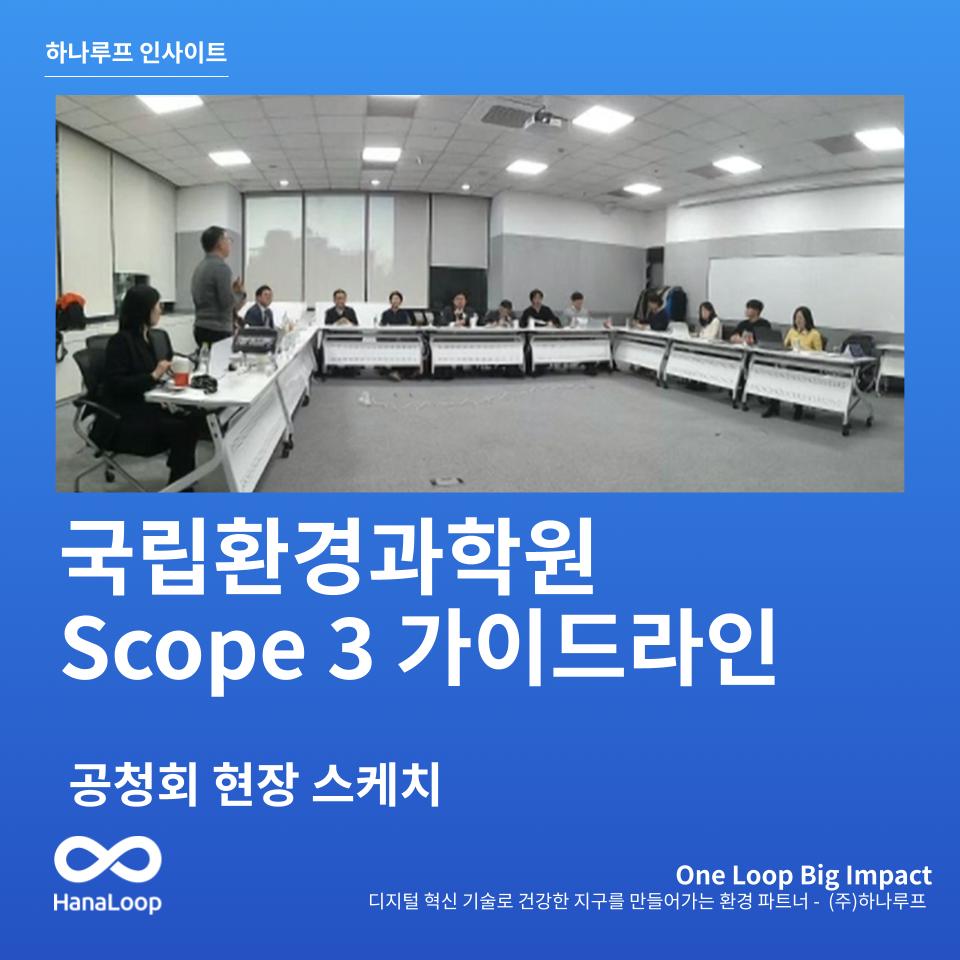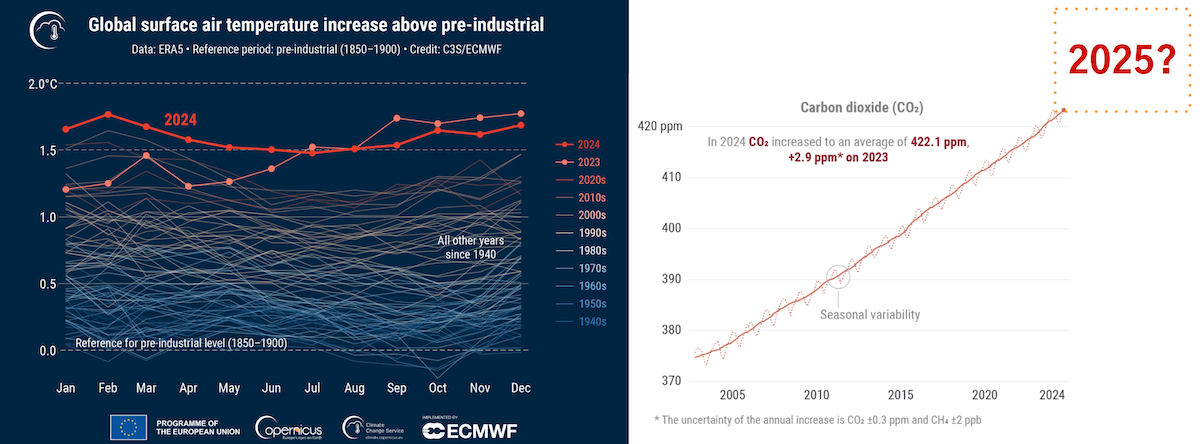하나루프가 2025년 2월 19일 일산 킨텍스에서 열린 ‘기후공기환경산업전’에 참가하여 탄소 경영을 지원하는 디지털 솔루션을 선보였다. 이번 전시회에서 하나루프는 탄소관리 플랫폼 ‘하나에코(Hana.eco)’를 중심으로, 지속가능한 산업 운영을 위한 혁신적인 접근 방안을 제시했다.
‘기후공기환경산업전’은 미세먼지 저감, 공기질 개선, 탄소중립 관련 첨단 기술과 제품을 소개하는 국내 대표 기후·공기산업 전시회로, 정부 부처·공공기관·기업 전문가들이 한자리에 모여 최신 기술과 정보를 공유하는 비즈니스의 장이다.
탄소 배출 데이터 관리부터 감축 실행까지, 하나루프의 디지털 솔루션
기후 규제가 강화되고 ESG 경영이 기업 경쟁력의 필수 요소로 자리 잡으면서, 탄소 배출 데이터를 정확하게 측정하고 감축 목표를 수립하는 것이 중요해졌다. 이에 하나루프는 기업이 효과적으로 탄소 배출을 관리하고 감축 전략을 실행할 수 있도록 지원하는 ‘하나에코’를 개발했다.
‘하나에코’는 공급망 전반의 탄소 배출을 추적하고, 규제 대응을 위한 데이터 기반 인사이트를 제공하는 클라우드 기반 탄소관리 플랫폼이다. 기업은 이 플랫폼을 활용해 배출량을 정량적으로 분석하고, 실질적인 감축 목표를 설정하며, 감축 조치의 경제적 효과까지 평가할 수 있다.
특히, CBAM(탄소국경조정제도), 배출권거래제(ETS), 국제회계기준(IFRS) 등의 글로벌 규제에 대응할 수 있도록 탄소 데이터를 관리하고, 보고서를 자동 생성하는 기능을 갖추고 있다. 이를 통해 기업은 기후 규제 대응과 ESG 공시를 효과적으로 준비할 수 있다.
탄소 감축 및 지속가능 경영을 위한 협업 논의 활발
이번 전시회에서 하나루프의 솔루션에 대한 관심이 높았다. 제조업, 물류, 건설, 공공 기관 등 다양한 분야의 관계자들이 공급망 탄소 배출을 효율적으로 관리할 수 있는 기능과 감축 전략 수립 지원 기능에 주목했다.
전시회를 찾은 한 제조업체 관계자는 “탄소 배출 데이터 관리와 기후 규제 대응이 기업 운영에서 점점 중요한 요소가 되고 있다”며, “하나루프의 솔루션이 공급망 탄소 배출을 효과적으로 추적하고 감축 전략을 실행하는 데 큰 도움이 될 것 같다”고 말했다.
